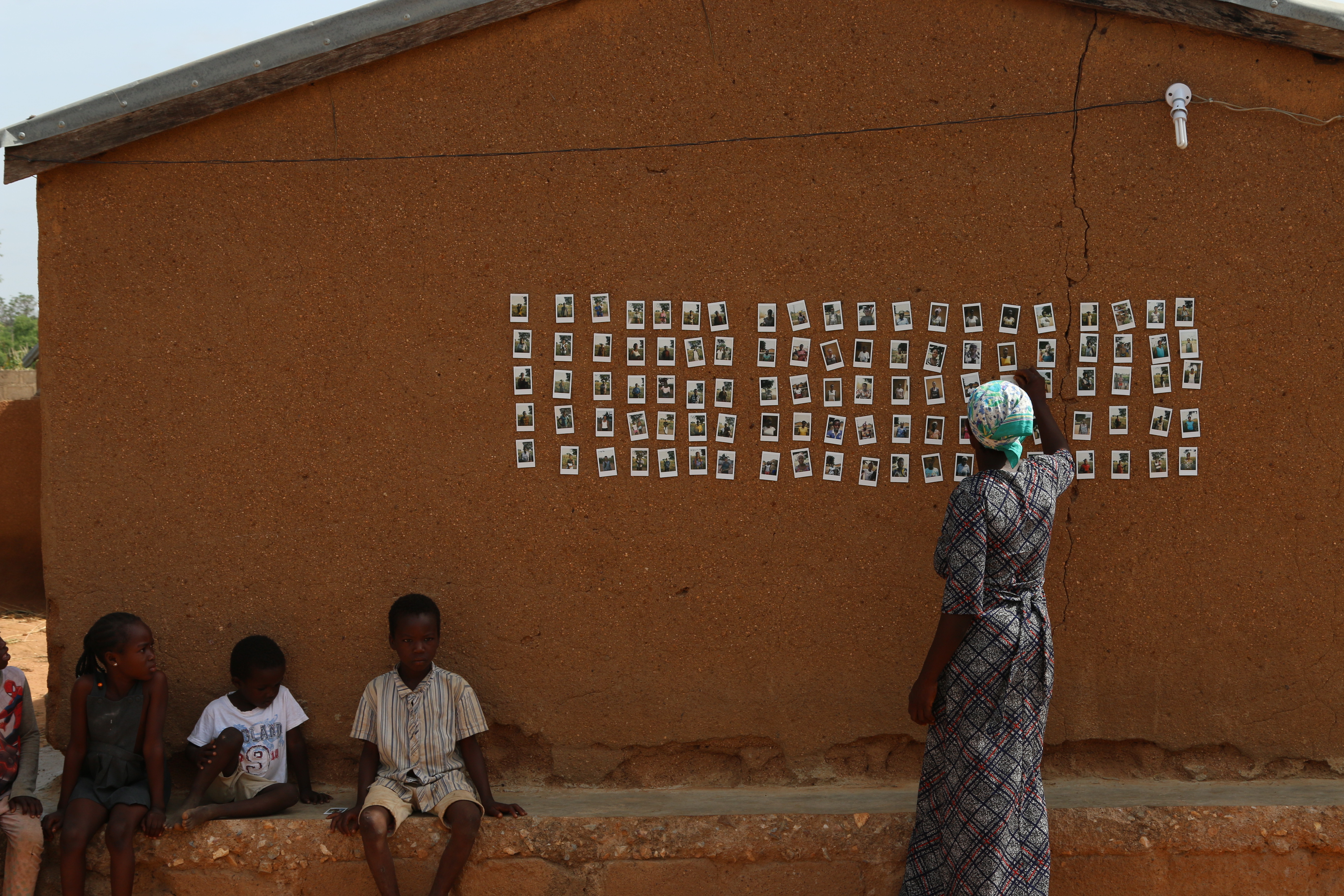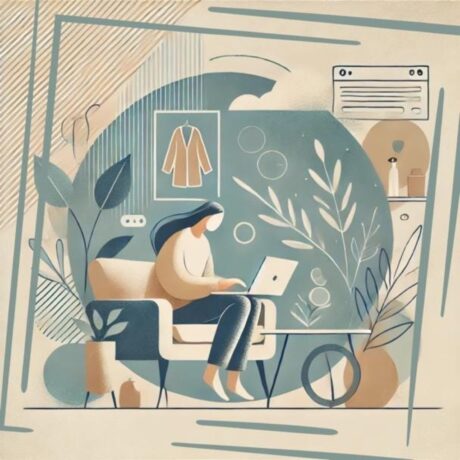Working with weavers and waste; Pala Eyewear
Back in 2016 when I founded Pala, the foundations of the company were very much built up on the mission of creating an eyewear brand that minimised impact on the planet and maximised impact on people in need. Initially this was born our in our partnership with UK charity Vision Aid Overseas by providing grants directly into their eyecare projects in Africa through the sale of our eyewear. These projects have enabled thousands of people to benefit from spectacles, and the empowerment that lies within being able to read, write or carry out work that requires good vision.
As Pala materialised, I set about finding ways for all touchpoints of our brand to connect back to these values, one of those being the sunglasses cases that would protect our product but also end up encapsulating our mission as an ethical brand. Whenever I had bought spectacles or sunglasses in the past, the case was just the ‘added extra’ that came with your frame – nothing more, invariably made from plastic. I struggled for quite some time to work out a design that both was functional and used a substrate that did not necessitate using a virgin material, and yet could be made with relative simplicity. I was also keen to see if I could connect back to Africa in the same way that the sale of our frames did.
It was ultimately that veritable that ‘friend of a friend’ introduction that led me to a solution when I first met with Jib Hagan, founder of Care4basket, a Ghanaian NGO working directly with weaving communities in Bolgatanga, Upper East Ghana. Separated by only 8 miles of Sussex coastline, he and I met early in Pala’s evolution to see if we could work out a way to work with these impoverished communities to create our sunglasses cases and help empower them economically. It coincided with the time that Jib had begun to facilitate the use of waste plastic as an alternative to the ever-dwindling, traditionally used natural straw that the weavers were finding increasingly hard to access.
In 2015, Jib had decided to set up the NGO to highlight the environmental issues affecting rural communities in Ghana and the impact of global warming and single use plastics on their livelihoods. 70% of all diseases in Ghana are caused by unsafe water and poor sanitation with 6 million people being unable to access to clean drinking water. This has led to the widespread use of the water sachet which has become a necessity in providing a clean and treated source of water across Ghana. These used sachets unfortunately are extensively littered throughout towns and villages.
His solution was to switch perceptions; to help others to understand that this discarded plastic was a wealth, not a waste. It was up to us to find a way to work with these otherwise landfill destined materials. The process of reusing this started with plastic bags and water sachets, but as we have scaled we have begun to work with a plastic packaging and sachet factory in Accra, where we take the secondary waste from their manufacturing process. You may think this is somewhat counterintuitive, but the tough reality is that there is no better or cheaper solution than providing water sachets for the very poorest people in Ghana. Even hot meals are served in a plastic bag from street vendors as the most efficient way to transport the food home, and it would be remiss of us to frown at their use of single use plastic in those circumstances.
The cases provided one solution. Alongside Jib, we prototyped many different designs over a period of six months and ultimately landed with the simplest case structure. It just works. It ensures the easiest techniques for the weavers; this leads to a better conformity of case (although we love the ‘wiggly’ ones too!) and doesn’t necessitate the use of any other materials that would complicate the process for the weavers. We provide the materials directly to the communities, the plastic, scissors, wooden templates and labels. They weave the case in their own time and are paid once completed.
Wealth Not A Waste – Jibs Story from Pala Eyewear on Vimeo.
When I was over there at the end of last year, I was struck by the strength of their community spirit and pride in their work. Later this year we will have pictures and names of all the weavers on our website, and going forwards, all cases will have a tag with the name of the weaver written on it. They’re proud that their work has reached people across the world, and I think it resonates deeply with our customers to be able to know of the person who take the care and attention in making it.
We’ve been working with the weavers for over three years now and have developed trust and a good working practice. The number of weavers has increased over the time we have been working together and there has been great stories of how the extra income has provided empowerment. We continue to talk, we continue to learn together and our intention is to build on the incredible opportunity we have here to do and create more for these talented communities.
The Birth of the Case from Pala Eyewear on Vimeo.









